Events 2025-26
Most CGES Online and hybrid events are recorded. Explore upcoming Fall 2025 events listed below, or browse through the 2024 & Spring 2025 CGES Online Events. Get direct access to a list of all recorded webinars on CGES Online's Archive below.
CGES Online Recordings: Complete List
Sign up for our Newsletter to receive information about all events organized or sponsored by the Center for German and European Studies. We also post event announcements on our Facebook and Instagram accounts and invite you to follow us on social media.
Upcoming Events
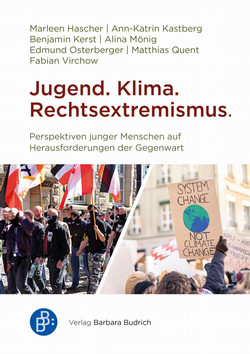
February 23, 2026
CGES Online Event
Climate change and the rise of the far right are challenging the future of democracy. What strategies can be observed among the far right with regard to climate change? And how do those whose future is at stake view this issue? The authors of the book „Jugend. Klima. Rechtsextremismus” (“Youth. Climate. Right-wing extremism”) surveyed young people in a Germany-wide study. The results clearly showed that while many young people reject right-wing narratives on climate issues, some right-wing positions also meet with approval. Marleen Hascher and Ann-Katrin Kastberg from the team of authors will present the key findings of their study.
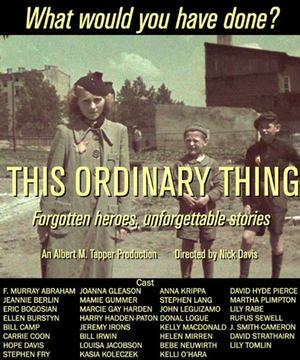
February 23, 2026
CGES In-Person Event
Haunting and unforgettable, THIS ORDINARY THING tells the story of non-Jews who helped save Jewish people across Europe during The Holocaust. The film combines never-before-seen archival footage with the testimonies of over forty different people who, working independently and at great risk to themselves and their families, saved thousands of Jewish strangers from almost certain death. Narrated by an all-star cast, including Helen Mirren and Jeremy Irons, the film is a timely reminder of the pockets of goodness that can rise in a sea of evil: everyday people helping others who were "different" from them.
Notably, none of the people featured in the film thought of themselves as heroes. And yet the film, with immense contemporary resonance, causes each of us to ask ourselves “What would I have done?”
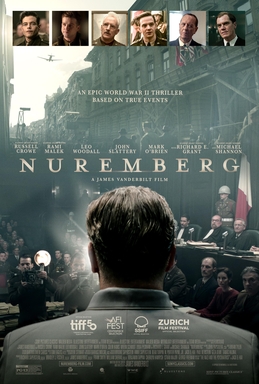
March 3, 2026
CGES In-Person Event
Join CGES for a film screening of the 2025 film, Nuremberg, adapted from author Jack El-Hai's book, The Nazi and the Psychiatrist. Jack El-Hai will be there in person to host a discussion right after the screening.
March 9, 2026
CGES Online Event
Digital systems are not neutral, and neither is design. This webinar explores how power relations and gendered assumptions are reflected in digital design and actively shaped through design decisions. Drawing on examples from digital design practice and research, it shows how interfaces, data and AI can reproduce or challenge existing power structures. The talk argues for a reflective design practice that understands designers as key actors in shaping digital and social realities.
Past Events
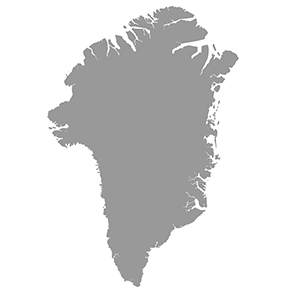
January 30, 2026
CGES Hybrid Event
The Trump Administration continues to claim that Greenland must become part of the US. Danish and European Union leaders seem conflicted about how to respond. What is the strategic importance of Greenland and the Arctic, in general? What does the struggle over Greenland really mean? What role does Greenland play for Denmark, within the EU, and within NATO? What role do fossil fuels and critical minerals play within the Trump Administration’s ambitions for Greenland? Could Greenland simply assert its sovereignty and independence instead? What does taking over Greenland actually mean? CGES hosted a group of experts to learn more about the broader context of this fraught moment in transatlantic relations.
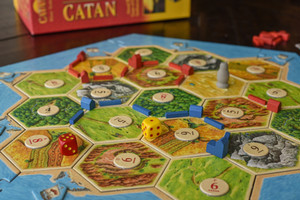
January 29, 2026
CGES In-Person Event
Did you know that the popular board game Catan was created in Germany? CGES hosted a Catan game night with over 20 students that included snacks, learning about upcoming CGES events, and information on Spring 2026 German courses.

January 29, 2026
CGES Online Event
CGES hosted a conversation with two of the German organizers of the planned “Global Women’s Strike: “ENOUGH! GENUG! BASTA!" on Monday, March 9, 2026.
Listeners learned more about what inspired this multifaceted initiative, how it is being organized, and what the “artistic intervention” hopes to achieve.